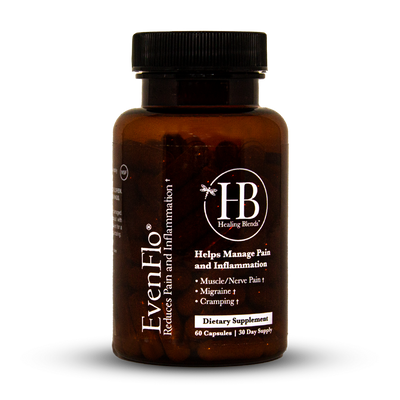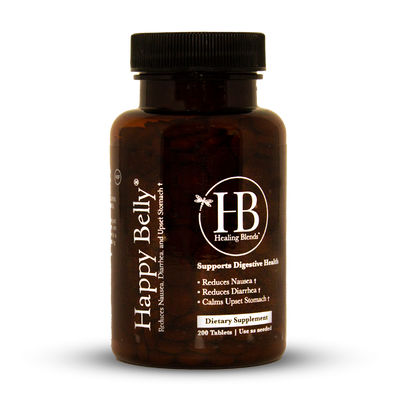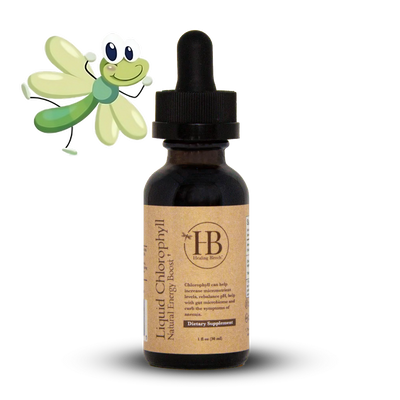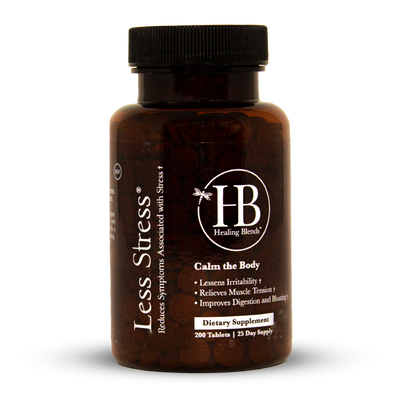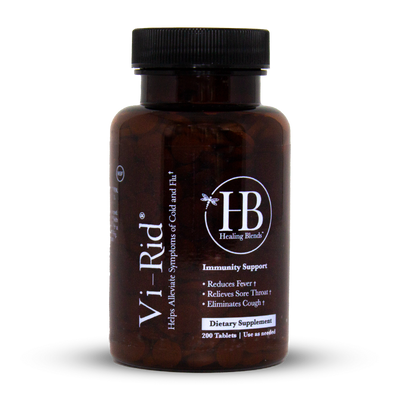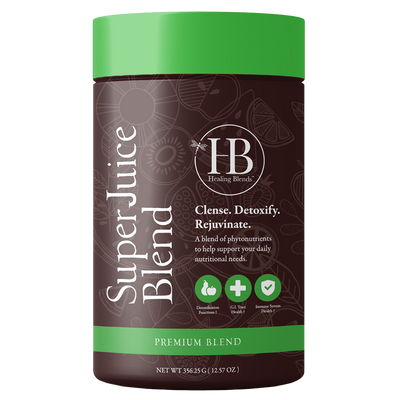Gut Types: Gastric Gut, Toxic Gut & More. (+How to Eat a Healthy Diet for Your Gut Type)
The gastrointestinal tract or also informally called the “gut” is the long tube that starts from the mouth and ends with the anus.
The area is lined with millions of bacteria forming gut microbiome. But do not freak out with the idea of having bacteria living in your intestines. These are not the same bad germs that make you sick. Instead, they are good microorganisms that benefit the body.
Having a wide variety of these good bacteria offers numerous benefits.
The various gut bacteria types help in the digestion of food, absorption of nutrients, and in keeping the immune system intact. They also keep the population of bad germs to a minimum to prevent illness. There are also studies linking a healthy gut with good mental illness (1) and cancer prevention (2). Overall, gut health influences your well-being - from having healthier tummy to better cognitive functions.
It is of particular importance to those who suffer from chronic conditions like Sickle Cell Disease.
Types of Gut Bacteria: How Many Microbiomes Are in the Human Gut?
Compared to the other areas of the body like the skin and reproductive tract, the gut microbiome is the most diverse with 300 to 500 different species of microorganisms.
The mixture of these tiny organisms in each person is also unique in that no two people will have exactly the same number of bacteria in their gut.
Generally, the gut bacteria types begin to establish their “home” a couple of years after birth. Their population changes over time in response to the diet, age, health condition, and environment of the person. However, the most predominant are those belonging to the family of Streptococcus, Bacteroides, Clostridium, Bifidobacterium, and Lactobacillus.
Each of them has their own work to do. For example, Streptococcus improves the gastrointestinal rhythm by reducing inflammation, decreasing the activities of disease-causing germs, and increasing the motility of the intestines and stomach. The same is true for the rest of the bacteria in the gut. They complement each other to protect you from getting sick.
 Take the Quiz!
Take the Quiz!
5 Gut Types:
You do know your blood group. Most women know their skin type. But an important thing you should know about yourself is your gut type.
You need to know the 5 gut types and determine which one is yours.
By knowing your body’s default gut type, you can customize your food, lifestyle, and take necessary supplements to keep your body in its best shape.
1. Gastric Gut
If you often experience bloating, constipation, diarrhea, or nausea, you are most likely to have the gastric gut. This is an imbalance coming from the gut itself. The functions of the digestive system are not at their best because of Improper chewing, overeating, an acidic stomach, and low enzyme production.
Those who have a gastric gut may do better if they give their stomach a heads up that food is on its way. Smelling and touching the food while preparing it is one easy way to do that.
Diet for gastric gut:
In order to heal this gastric gut type, you need to eat more slowly, stop eating even before you feel full, incorporate more bitter veggies, herbs, and citrus in your diet, and avoid alcohol and fatty foods. Lastly, go for food supplements containing digestive enzymes.
2. Toxic Gut
Toxic gut is your gut type if you simply cannot explain why you keep suffering from imbalances, despite taking probiotics, eating more greens, and following a healthy lifestyle.
The simple truth may be the fact that your digestive system isn’t poised to efficiently rid your body of toxins. This often manifests as skin issues like eczema and acne.
Diet for toxic gut:
Processed or fast food is the number one cause of toxic gut. Therefore, it is time to get rid of the instant foods from your fridge and pantry. The chemicals, unhealthy fats, and too much sugar are making you sick. Replace them with fresh vegetables, cranberry, and lemonade.
3. Immune Gut
Immune gut is common among people who frequently use antibiotics. This incorrect use of drugs affects the population of gut bacteria types. Remember that around 70% of the good bacteria residing in the body are found in the digestive system. If you keep on “killing” them with unmonitored antibiotic use or prolonged medication, your immune system will be compromised.
Side effects of the immune gut include Irritable Bowel Syndrome (IBS) and often unchecked mucus production due to inflammation.
Diet for immune gut:
Individuals with immune guts must be aware of their food allergies to avoid immune disorders and inflammatory diseases. Supplement your daily diet with healthy fats like avocado and food supplements containing digestive enzymes, probiotics, and glutamine. Avoid raw foods, dairy products, and processed foods.
4. Leaky Gut
Leaky gut is often caused by the overgrowth of candida organisms. Candida is a type of fungi living in the gut but its number is ideally balanced by the proportion of healthy microorganisms.
However, if you love sweet and carbohydrate-laden foods like chocolates, icecream, cakes, and breads, these organisms rapidly proliferate to outnumber the healthy gut bacteria types. A Leaky Gut is more common in individuals taking birth control pills, pregnant women, and those with diabetes.
Leaky gut leads to common problems like irritable bowel movement, chronic indigestion, and depression. It may also lead to bacteria and toxins “leaking” out of the gut to pollute the bloodstream.
Diet for leaky gut:
The idea for the leaky gut type diet is to avoid dairy, sugary, and yeast in their meals. The food groups will only worsen your symptoms. Instead of these, go for more fermented foods and incorporate regular probiotics in your diet.
5. Brain Gut
Do you know that the gut is often referred to as the second brain? This is because of its connection to the central nervous system. Your nervous system and your enteric system form the Gut-Brain Axis. This is a bilateral complex system. The millions of nerve cells lining the digestive tract are so extensive that whenever you are in a stressful situation, your gut health suffers too. In the same way, if you have an unhealthy gut, anxiety and depression may set in.
Diet for the brain gut:
To heal your brain gut, have more salty and dark colored foods. Look into getting more adaptogenic herbs containing turmeric, hawthorn berry, and radish seed. Avoid alcohol, refined grains, and caffeine.
5 Ways to Improve Your Gut Health:
1. Avoid Stress
Stress has always been linked to different health problems and if we talk about your gut health, stress disrupts the microorganisms that should be living harmoniously in your stomach and intestines. As much as possible, eat your meals well and chew each mouthful at least 5 times. Find ways to relax your mind and allow your body to rest. Get at least 8 hours of sleep everyday to repair your cells. You can also rely on herbal stress busters (adaptogens) to do some of the heavy lifting for you.

2. Avoid Foods That Hurt Your Gut
Our diet influences the gut bacteria types that dominate the digestive system. If you are into sweets, a leaky gut may be the outcome. To prevent imbalances, eat less sugar, ditch foods high in fats and preservatives, and avoid caffeinated drinks. It is best to go for more veggies and fiber-rich foods to stimulate the healthy movements of the stomach and intestines.
3. Use Antibiotics Correctly
As mentioned earlier, you may develop an immune gut if you overdose on antibiotics. The incorrect use of drugs leads to a plethora of health problems, including drug resistance or the appearance of superbugs. To avoid this, always consider alternative or natural remedies first and consult your health care provider before starting any medication.
4. Exercise Regularly
Regular exercise helps maintain healthy weight, promotes better circulation, and enhances the motility of the digestive tract. Even simple exercises like walking, jogging, or bicycling can promote the overall health of the gut. Also, when you exercise, happy hormones are released that help combat stress.
5. Favor Probiotics
Use of probiotics to promote gut health has proven to be effective. Probiotics can come as supplements or derived naturally from fermented foods like kimchi. Populating the body with good bacteria benefits all gut types.

Healthy Gut = Healthy You:
There is a reason why the phrase “gut instinct” has been around for ages.
A healthy gut means a well-balanced, cognitively aware you.
Most of your immunity lies with your digestive system. Thus understanding your gut bacteria which work with your diet preferences to determine your gut type is a crucial first step.
Once you have this key information, you can make dietary & lifestyle changes to serve the goals you wish to achieve.
Your gut health is the secret ingredient driving your peak performance. Know your gut type well and follow a gut specific diet & supplementation routine for optimal functioning.

References:
- The gut microbiota and mental health in adults - ScienceDirect
- The Influence of the Gut Microbiome on Cancer, Immunity, and Cancer Immunotherapy - ScienceDirect












